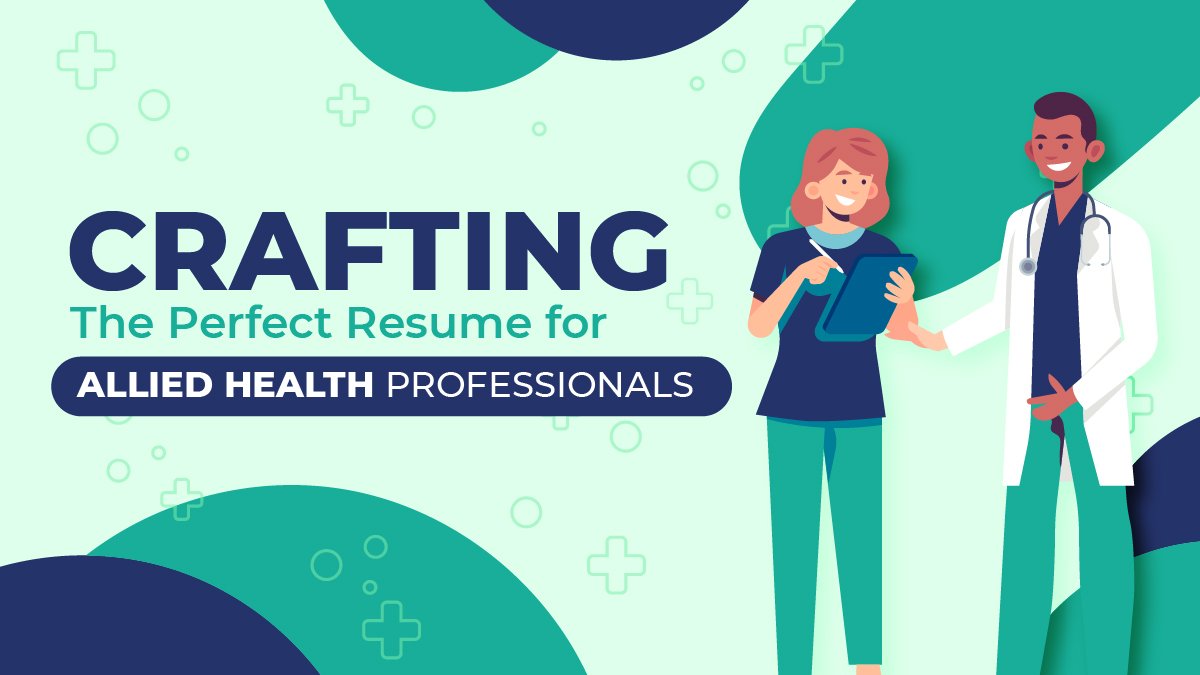Table of Contents
ToggleIntroduction
Navigating the vast world of allied health careers can be daunting. With a plethora of roles ranging from physical therapists and radiologic technicians to dental hygienists, choosing the right path that aligns with your interests, skills, and educational aspirations is crucial. This guide provides a structured approach to help you determine the most suitable allied health career path in the United States, ensuring you embark on a fulfilling and rewarding journey in healthcare.
Assess Your Interests and Passions
Understanding what truly motivates you is the first step in choosing an allied health career that will keep you engaged and satisfied over the long term.
Explore Your Healthcare Passion
Reflect on what aspects of healthcare most excite you. Whether it’s the direct patient interaction, the technology and tools, or the behind-the-scenes work, your core interests should guide your career choice.
Consider Specialty Areas
Allied health offers a range of specialty areas. From emergency medical services to mental health support, identify which specialties resonate most with your personal interests.
Evaluate Your Skills and Strengths
Identify your innate skills and strengths to find a career that not only fits but enhances your natural abilities.
Technical Skills vs. Soft Skills
Different allied health careers require varying levels of technical proficiency and soft skills. Assess whether you excel more in hands-on technical tasks or in interpersonal relations and communication.
Assessing Current Skills
Make a list of your current skills and compare them to those required in potential career paths. This can highlight areas where you might need further development or education.
Understanding Educational Requirements
Each allied health profession has its own set of educational and certification requirements. Knowing what’s required can help you plan your educational journey effectively.
Required Degrees and Certifications
Research what degrees or certifications are typically required for the roles you are considering. Some might need a two-year associate degree, while others may require a more extensive educational background.
Paths to Certification
Look into the different paths to obtain necessary certifications, whether through traditional college programs, online courses, or vocational training.
Job Outlook and Advancement Opportunities
Consider the future of the profession and opportunities for growth when choosing your path.
Research Job Demand
Investigate the demand for various allied health professions. Some areas might be experiencing faster growth due to demographic changes or advances in medical technology.
Opportunities for Advancement
Consider how you can advance in each career. What are the prospects for moving into more senior positions, or specializing further?
Work-Life Balance and Personal Considerations
Reflect on how your chosen allied health career will fit with your personal life, values, and long-term goals.
Consider Lifestyle Impact
Some allied health career may require night shifts, long hours, or on-call duties. Consider how these factors align with your lifestyle preferences and family commitments.
Conclusion
Choosing the right allied health career involves a careful balance of personal interests, skills, educational commitment, and future opportunities. By thoroughly evaluating these aspects, you can select a path that not only fulfills your career aspirations but also fits well with your overall lifestyle and goals.
Follow us on Social Media: LinkedIn | Facebook | Twitter | Instagram









